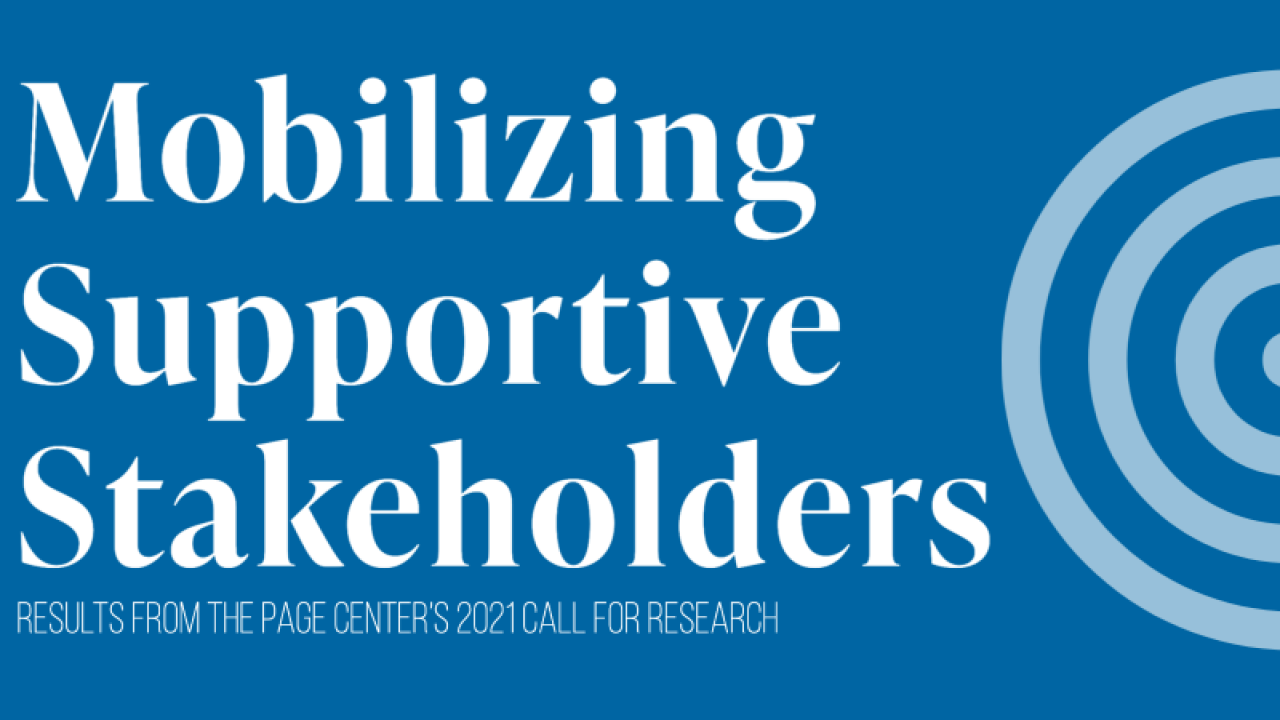May 16, 2023
Mobilizing supportive stakeholders through CSA efforts - Part 2

By Anli Xiao, University of South Carolina, and Christen Buckley, Pennsylvania State University
As CSA is inherently controversial, determining how companies can communicate with people who oppose their stance on the issue is critical for companies to strategically orient their CSA efforts. As part of our grant from the. Page Center, we launched two studies directed toward diametrically opposed stakeholder groups, one of which was directed toward those who are on the other side of the gun control position taken up by the company.
In Study 2, we sought to understand if and how companies can communicate with potential opponents to avoid potential backlash. Specifically, we proposed that activating individuals’ issue-relevant identity and featuring different identities in the CSA message might affect how CSA causes opponents to think about the cause and the company.
The results of Study 2 suggest that individuals’ identity plays an important role in how CSA is received. When participants’ identity as an opponent of stricter gun control was not aroused, CSA messages emphasizing victims of gun violence increased the opponents’ favorable attitudes towards the CSA message and decreased their likelihood of speaking negatively or boycotting the company. In addition, describing those affected as victims of gun violence, rather than as fellow Americans, within the CSA message was more effective.
These findings caution practitioners to avoid arousing issue-related identity when communicating with that oppose their stance in order to mitigate the risk of backlash or negative behaviors from consumers. By including the perspective of opponents of the cause, we provided a valuable jumping-off point for practitioners who wish to engage with these consumers.
Both studies identified the differing effects of individual and group-level identities, in combination with relevant message features.
Our findings illustrate the importance of identity alignment with CSA messaging and suggest that corporate messaging around controversial social issues may be more effective when segmented based on the recipient’s position on the cause. Future research should continue to explore how individuals’ internalization of an issue impacts their responses to CSA, and experiment with segmented messaging.
This research was funded by a 2021 Page/Johnson Legacy Scholar Grant from a call for proposals on corporate social advocacy. This project consisted of two parts. Click here to read about study 1.
